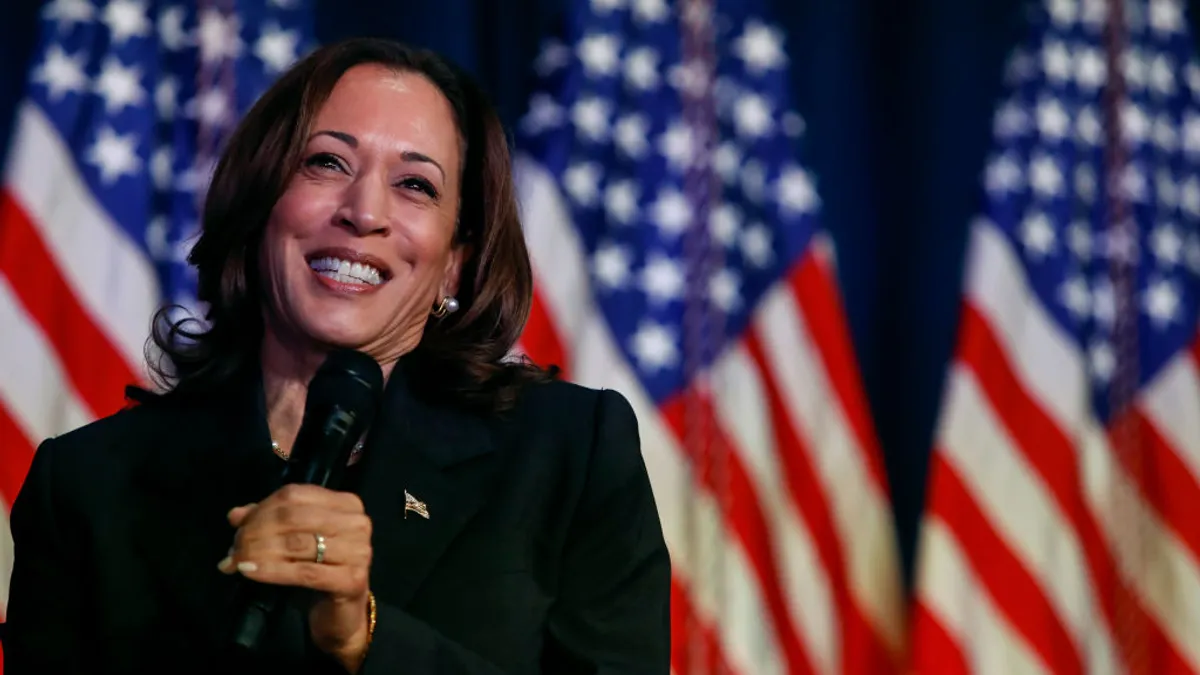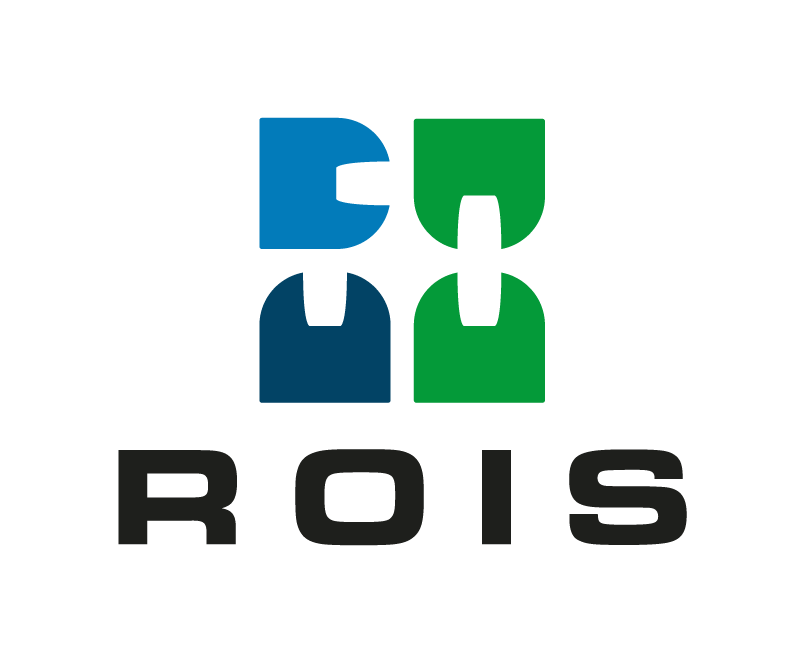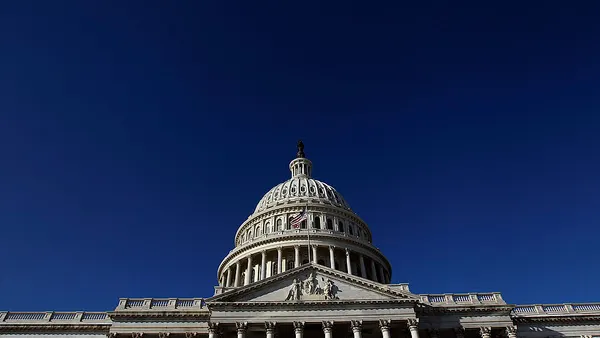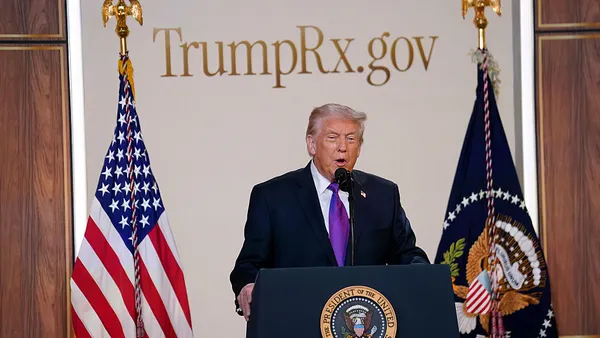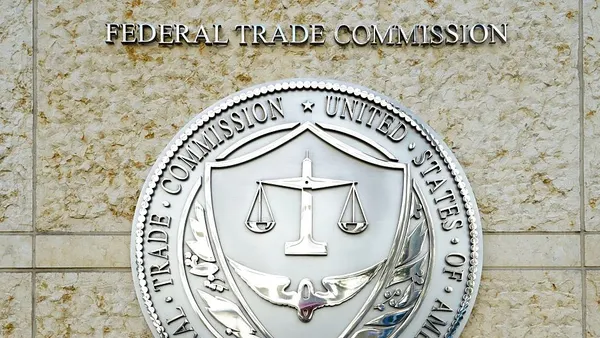Vice President Kamala Harris is likely on her way to becoming the Democratic presidential nominee now that President Joe Biden is dropping out of the race. Harris has already won endorsements from the president and many political leaders in her party, and her campaign swept in a record-breaking $81 million in donations during a 24-hour period this week.
If she prevails in November, what would a Kamala Harris administration mean for pharma? Her record, public comments and career follow a familiar trajectory as many Democratic lawmakers.
Harris has shown support for drug pricing reform and took a hard line in several suits against pharma companies during her tenure as attorney general in California. After a handful of settlements with drugmakers, California won $46 million from GSK for illegal marketing and drug pricing, $89 million from Johnson & Jonson and Janssen Pharma over unlawful marketing practice and $23 million from McKesson for inflated drug prices.
Here’s what Harris’ record reveal about where she stands on three important issues:
Medicare drug price negotiations
Harris played a pivotal role in the Biden Administration passing the Inflation Reduction Act by casting the “tie-breaking vote” for the law in the Senate.
Much to the pharma industry’s consternation, the IRA empowers the Centers for Medicare and Medicaid Services to negotiate prices of certain drugs covered by Medicare. The first wave of 10 drugs have already been selected, with the process continuing apace despite legal challenges from drugmakers.
In general, Harris has demonstrated a willingness throughout her career to support measures that address drug costs.
“When I was attorney general of California, I met countless families quietly suffering because they or a loved one couldn't afford the medication they needed and were prescribed,” she said last year. “I investigated drugmakers that tried to stop production of cheaper generic versions of their drugs, and we held them accountable.”
In addition, when Harris ran in the 2020 presidential primary election, she published a Medicare for All plan that would allow HHS to negotiate for lower prescription drug prices.
Out-of-pocket costs
The IRA also created new out-of-pocket caps for seniors on Medicare Part D plans. In May, she said she intended to expand cost caps beyond Medicare recipients.
“President Biden and I took on Big Pharma and capped the cost of insulin at $35 and the annual cost of prescription medication for seniors at $2,000 a year,” she said on Facebook on May 19. “When we win reelection, we will cap these costs for everyone.”
Harris also previously supported leveraging march-in rights to lower drug prices, a controversial provision that would allow the government to take control of certain patents.
The Biden administration stated it could implement march-in rights late last year, but has yet to use that authority.
Abortion and women’s health
Since the Supreme Court overturned Roe v. Wade, Harris has made herself a central figure in the fight for women’s healthcare and abortion access, including abortion medication. She launched the Reproductive Freedom Tour last year to argue against abortion bans.
Earlier this year, when CVS and Walgreens announced they would dispense mifepristone, one of two drugs commonly used for medication abortions, Harris noted the move was an “important step” to ensure women have necessary healthcare access.
Since announcing her campaign, she has been endorsed by Emily’s List, an abortion rights lobbying group.



